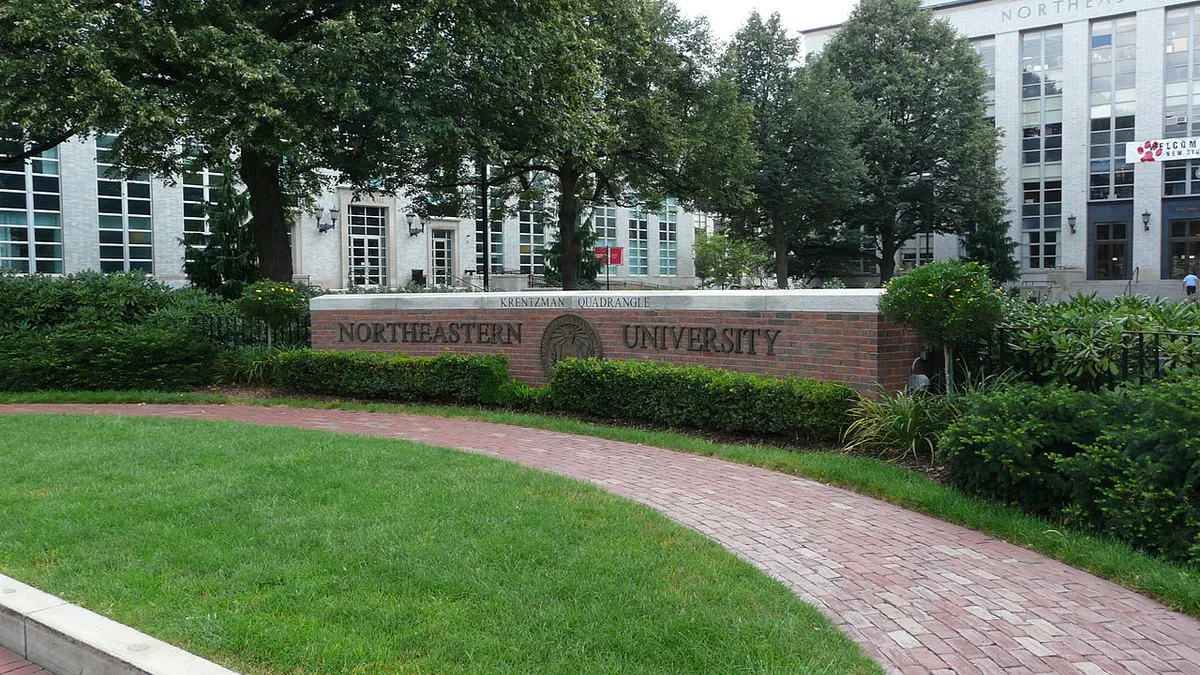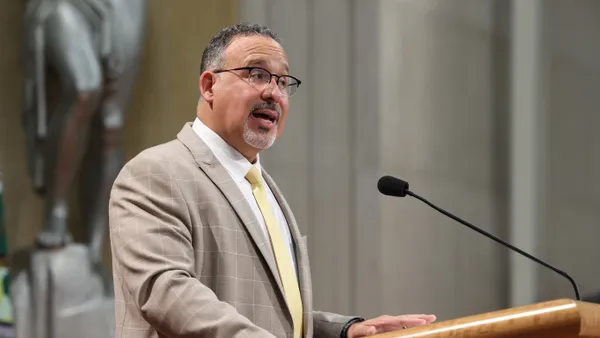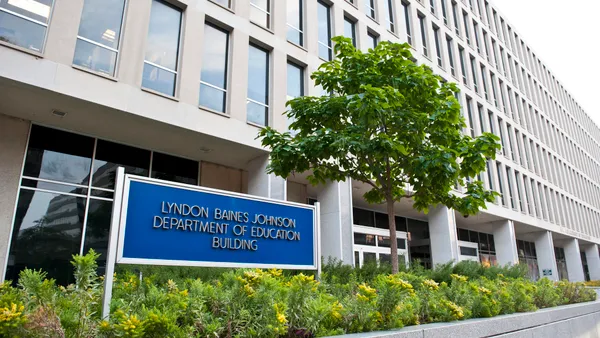Dive Brief:
- Northeastern University is receiving $50 million from alumnus and entrepreneur Amin Khoury to endow its fast-growing technology college, which will now carry his name, the university announced.
- The Khoury College of Computer and Information Sciences will use the funds on education and research. The gift supports the university's Northeastern 2025 plan that aims to make students "robot proof" in order to prepare them for a future when artificial intelligence is critical in a variety of industries, University President Joseph Aoun told The Boston Globe.
- The computer and information sciences college has grown from 726 students in 2009 to 3,474 this year, making it the university's fastest-growing program, The Globe reported.
Dive Insight:
As the growing use of automation and artificial intelligence transforms the job market, colleges have been responding by establishing new technology programs and stepping up their support for their existing ones.
Among the most ambitious plans is MIT's $1 billion investment into a new computing college, which will focus on integrating tech disciplines with other fields such as the humanities. The university has described the move as its most "significant reshaping" in more than 60 years.
Likewise, the University of California, Berkeley announced in November that it is creating an interdisciplinary Division of Data Science and Information. The move comes on the heels of the university's launch of a data science major, which is quickly becoming one of the most popular programs on campus.
And, as part of an effort to court Amazon, Virginia Tech is building a $1 billion technology campus for graduate students in the same Virginia neighborhood where one of the online retailer's two new headquarters will be located.
Smaller institutions have also been increasing their tech offerings. Among them are Reed College in Oregon and Bethel College in Indiana, which both recently announced new degree programs in computer science.
In most cases such moves to create new tech programs, as well as others in much less traditional fields, are intended to increase enrollment, according to The Hechinger Report. Despite budget squeezes, many colleges have been scrambling to create new degree programs to lure students. Just in the past six years, colleges and universities added 41,446 degree or certificate programs, according to federal data cited by Hechinger.
While some fields seem like safe bets, such as data science, others may not be paying off. For example, Western Nevada College spent $130,000 for a new computer lab even though only five students had committed to a new certificate program in cybersecurity by early August, Hechinger notes.
The rush to add new programs in an effort to win students may be backfiring, according to Gray Associates, an education consulting firm. Its recent analysis found nearly half (48%) of academic programs generate fewer than 10 completions each year.
Gray Associates suggested that colleges instead work on expanding bigger programs, taking into consideration factors such as employment outlook, student demand and strategic fit.













